Intro
Find immediate Drug Addiction Help Now with expert guidance, overcoming substance abuse, and recovery support, including rehab options and counseling services.
The issue of drug addiction is a complex and multifaceted problem that affects millions of people worldwide. It is a condition that can have severe consequences on an individual's physical and mental health, relationships, and overall well-being. Despite its prevalence, many people struggle to find the help and support they need to overcome their addiction. In recent years, there has been a growing recognition of the importance of providing accessible and effective treatment options for individuals struggling with drug addiction. This has led to the development of a range of innovative approaches and therapies designed to help people overcome their addiction and achieve long-term recovery.
The impact of drug addiction on individuals and society as a whole cannot be overstated. It is estimated that drug addiction costs the global economy billions of dollars each year, while also contributing to a range of social problems, including crime, violence, and family breakdown. Furthermore, drug addiction can have serious consequences for an individual's physical and mental health, including increased risk of overdose, infection, and mental health disorders. Despite these risks, many people struggle to seek help for their addiction, often due to feelings of shame, guilt, or fear of judgment.
Fortunately, there are many effective treatments and therapies available to help individuals overcome their addiction and achieve long-term recovery. These can include medication-based treatments, such as methadone and buprenorphine, as well as behavioral therapies, such as cognitive-behavioral therapy (CBT) and contingency management. In addition, many people find it helpful to participate in support groups, such as Narcotics Anonymous (NA) or Smart Recovery, which provide a sense of community and connection with others who are going through similar experiences. By seeking help and support, individuals can overcome their addiction and achieve a happier, healthier, and more fulfilling life.
Understanding Drug Addiction
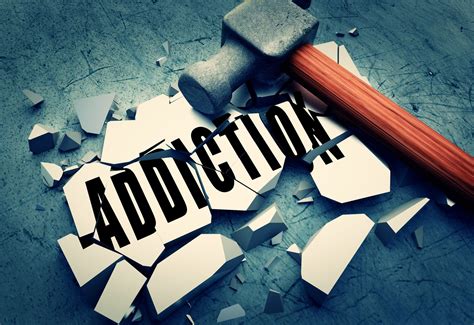
Causes of Drug Addiction
There are many different causes of drug addiction, including genetic predisposition, environmental influences, and mental health conditions. For example, individuals who have a family history of addiction may be more likely to develop an addiction themselves. Similarly, individuals who are exposed to drugs at a young age or who have experienced trauma or stress may be more vulnerable to addiction. Mental health conditions, such as depression and anxiety, can also contribute to the development of addiction, as individuals may turn to drugs as a way of coping with their symptoms.Signs and Symptoms of Drug Addiction
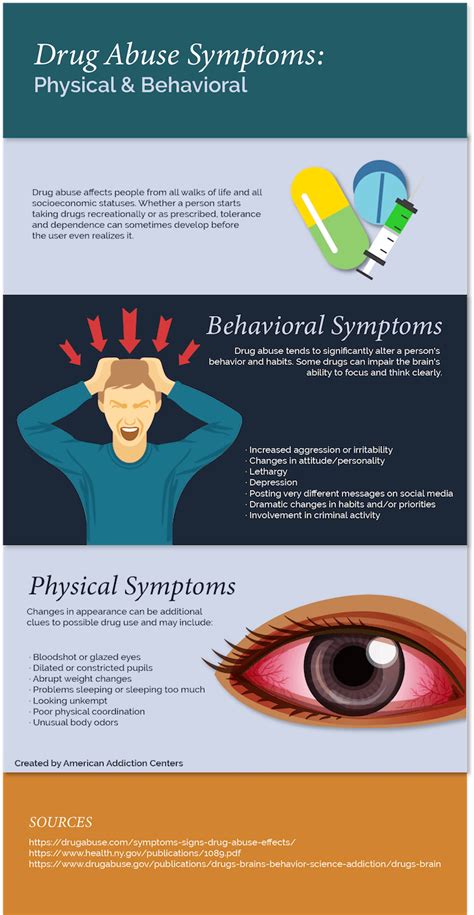
Diagnosing Drug Addiction
Diagnosing drug addiction can be a complex process, as it requires a comprehensive evaluation of an individual's physical and mental health, as well as their behavior and lifestyle. A diagnosis of addiction is typically made by a qualified healthcare professional, such as a doctor or therapist, who will assess the individual's symptoms and behavior to determine whether they meet the criteria for addiction. This may involve a physical examination, laboratory tests, and a thorough psychological evaluation.Treatments for Drug Addiction
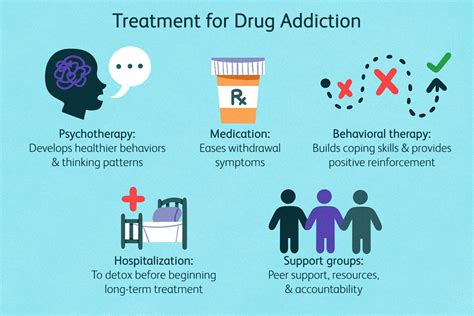
Medication-Based Treatments
Medication-based treatments for drug addiction can be an effective way of managing withdrawal symptoms and cravings. These medications can include: * Methadone: a long-acting opioid agonist that can help to reduce withdrawal symptoms and cravings * Buprenorphine: a partial opioid agonist that can help to reduce withdrawal symptoms and cravings * Naltrexone: an opioid antagonist that can help to block the effects of opioids and reduce cravingsBehavioral Therapies for Drug Addiction
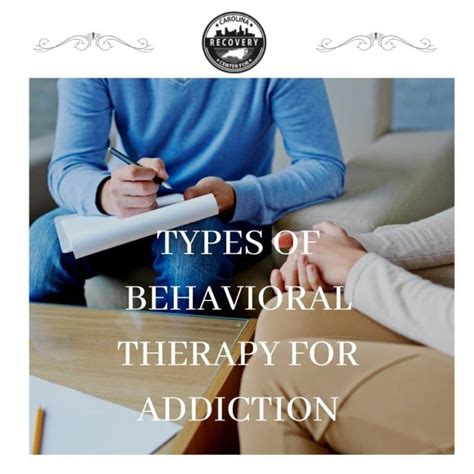
Support Groups for Drug Addiction
Support groups can provide a sense of community and connection with others who are going through similar experiences. These groups can include: * Narcotics Anonymous (NA): a 12-step program that provides a supportive community and a structured program for recovery * Smart Recovery: a non-12-step program that provides a supportive community and a structured program for recovery * Family therapy: a type of therapy that helps individuals and their families to communicate and work through issues related to addictionRecovery from Drug Addiction
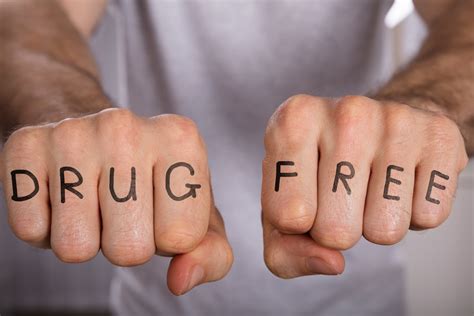
Challenges of Recovery
Recovery from drug addiction can be challenging, as individuals may face a range of different obstacles, including: * Cravings: the intense desire to use the drug again * Triggers: people, places, or things that may trigger the desire to use the drug again * Relapse: the return to drug use after a period of sobrietyPreventing Relapse
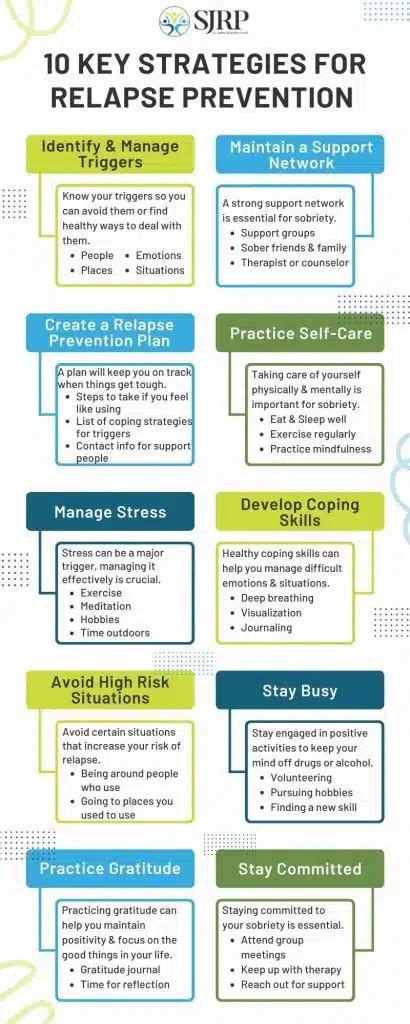
Strategies for Preventing Relapse
There are many different strategies that individuals can use to prevent relapse, including: * Identifying and avoiding triggers * Building a supportive network of friends and family * Engaging in healthy activities, such as exercise and hobbies * Practicing stress-reducing techniques, such as meditation and deep breathingWhat are the signs and symptoms of drug addiction?
+The signs and symptoms of drug addiction can vary depending on the type of drug being used and the individual's overall health and well-being. However, some common signs and symptoms of addiction include increased tolerance to the drug, withdrawal symptoms when the drug is not used, and compulsive drug-seeking behavior.
What are the different types of treatment for drug addiction?
+There are many different types of treatment for drug addiction, including medication-based treatments, behavioral therapies, and support groups. Medication-based treatments can help to reduce withdrawal symptoms and cravings, while behavioral therapies can help individuals to identify and change negative thought patterns and behaviors.
How can I prevent relapse after recovering from drug addiction?
+Preventing relapse requires individuals to be proactive and take steps to maintain their sobriety. This can include attending support groups and therapy sessions, building a supportive network of friends and family, engaging in healthy activities, and avoiding triggers and high-risk situations.
If you or someone you know is struggling with drug addiction, it is essential to seek help and support as soon as possible. With the right treatment and support, individuals can overcome their addiction and achieve long-term recovery. Remember, recovery is a journey, and it requires commitment, dedication, and support. By seeking help and taking proactive steps to maintain sobriety, individuals can build a happier, healthier, and more fulfilling life. We encourage you to share this article with others who may be struggling with addiction and to join the conversation by commenting below. Together, we can help to break the stigma surrounding addiction and support those who are working towards recovery.
